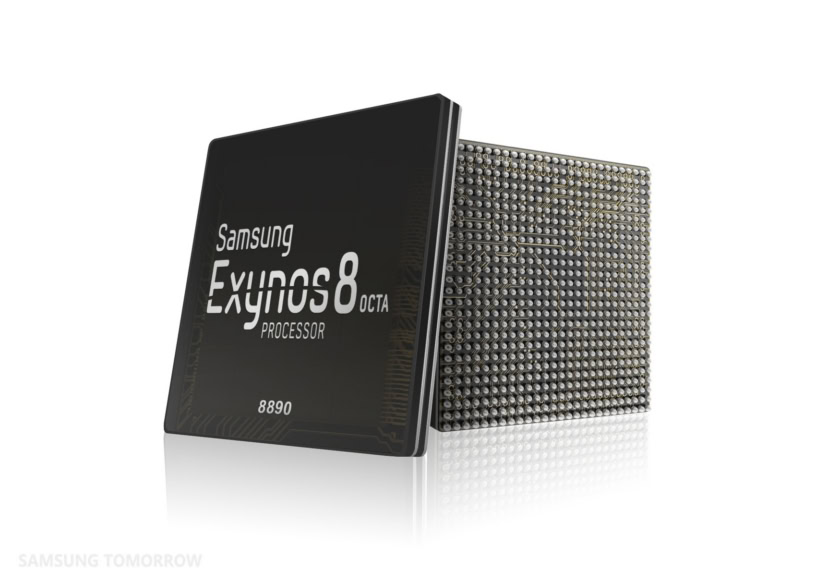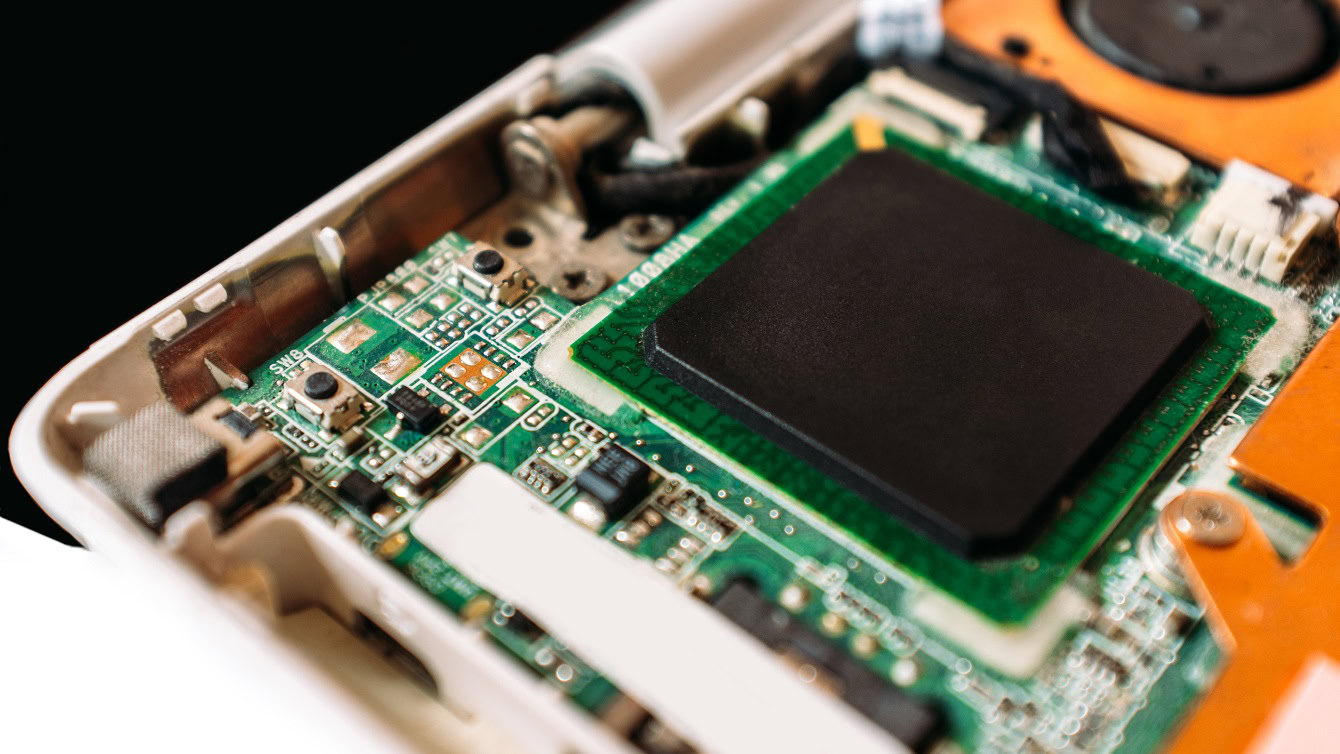Affiliate links on Android Authority may earn us a commission. Learn more.
Samsung unveils Exynos 8 Octa (8890), its 2016 flagship SoC
Published onNovember 12, 2015

Samsung just officially launched its newest high-end SoC, the Exynos 8 Octa (8890). Featuring Samsung custom CPU cores and advanced LTE, the new Exynos will provide brainpower to the Galaxy S7 and other Samsung flagships from next year.
We will have a closer look at the new 8890 processor in a deep dive post, but here are the basics. Just like the Exynos 7420 before it, the 8890 is a processor built on a 14-nm process, meaning that the distance between the microscopic components of the chip is just 14 nanometers. The smaller the process, the lower the power consumption and heat generation. Qualcomm’s freshly announced Snapdragon 820 (also manufactured by Samsung) is also 14-nm.
Exynos 8890 is a 64-bit octa-core design, with four Cortex A53 chips and four of Samsung’s custom cores. This is the first chip from Samsung to feature in-house designed custom cores. Previously, Samsung used ARM’s ready-made Cortex designs. The four Cortex A53 cores are the power efficient cores, while the four Samsung cores provide the grunt needed for intense applications.
Watch: SoC showdown: Snapdragon 810 vs Exynos 7420 vs MediaTek Helio X10 vs Kirin 935
[ooyala code=”5uMXhueDqaADa_9PiSKxcuEdq2E_yOer” player_id=”7f2b2d0412e84a188ede8d648751dc42″ width=”1920″ height=”1080″ auto=”true”]
Thanks to the usage of custom cores and other optimizations, Samsung claims the Exynos 8 Octa offers 30% more performance and 10% better efficiency compared to previous Samsung chips.
The graphics work is handled by the Mali-T880, ARM’s latest GPU design, which supports 4K and offers better performance with a 40% efficiency improvement compared to the GPU in Exynos 7420.
Another big feature of the Exynos 8890 is an integrated LTE Cat. 12/13 modem. Samsung has had integrated chips before, but they were mid-range, and Exynos 8890 is its first high-end chip with built-in LTE. That benefits performance, efficiency, cost, and product design. LTE Cat. 12 can, in theory, provide download speeds of up to 600Mbps, with the huge caveat that your carrier needs to actually support it.

There have been persistent rumors that Samsung will use both Exynos 8890 and Snapdragon 820 for the Galaxy S7, which is expected early next year. Samsung says that commercial production of the 8890 will begin by the end of the year; according to a Korean report, manufacturing is already underway.